I am working on a kubernetes cluster and problem faced is:
From UI/browser, I can see it is sending a request header called "request_id" please refer to image:
But while checking on backend it is unavailable. While searching through internet, I could see that people are talking about adding following entry to Ingress object:
nginx.ingress.kubernetes.io/configuration-snippet: |
proxy_set_header request_id "$req_id";
But it is generating a new value for this and not passing value submitted by browser.
Any ideas, what might be missing here?
